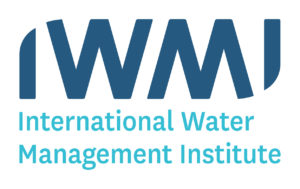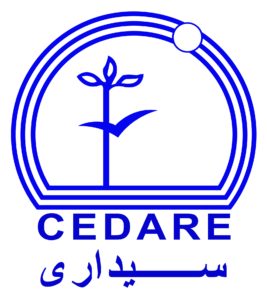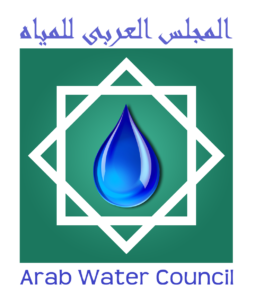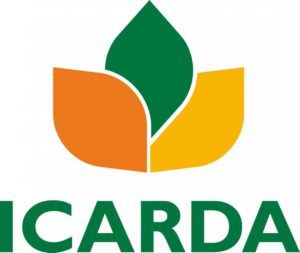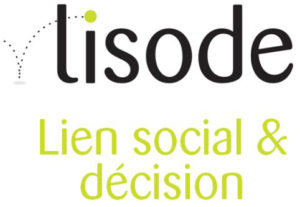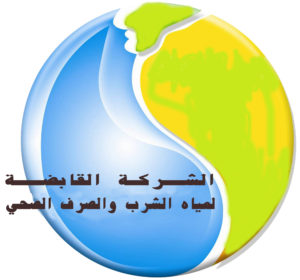6th National Learning Alliance (NLA) Dialogue for the “Validation of Egypt 2030 Shared Water Reuse Strategy”, Wednesday, April 20, 2022
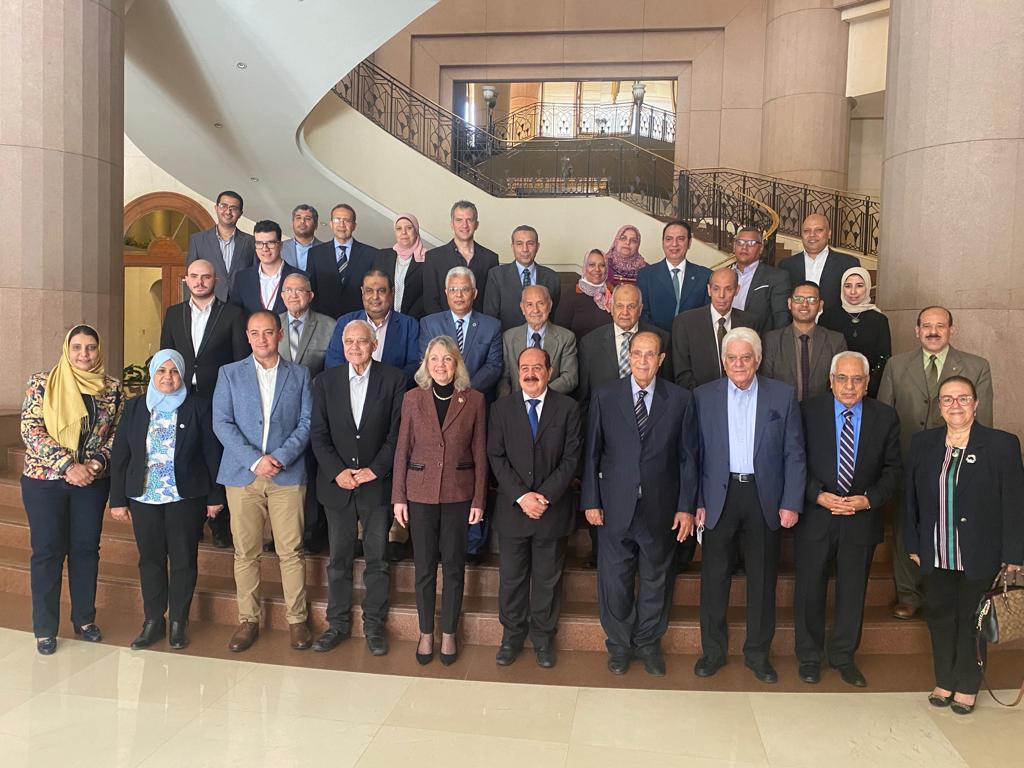 On April 20, 2022, the 6th National Learning Alliance (NLA) Dialogue for the Validation of “Egypt 2030 Shared Water Reuse Strategy”, organized by the Center for Environment and Development for the Arab Region and Europe (CEDARE), which represents the fifth in a series of six national dialogues over the past two years to develop the Egypt Strategy 2030 Shared Water Reuse. This dialogue was within the framework of the ReWater MENA project funded by SIDA and led by the International Water Management Institute (IWMI), and implemented in partnership with the Center for Environment and Development for the Arab Region and Europe (CEDARE), in cooperation with relevant stakeholders in Egypt.
On April 20, 2022, the 6th National Learning Alliance (NLA) Dialogue for the Validation of “Egypt 2030 Shared Water Reuse Strategy”, organized by the Center for Environment and Development for the Arab Region and Europe (CEDARE), which represents the fifth in a series of six national dialogues over the past two years to develop the Egypt Strategy 2030 Shared Water Reuse. This dialogue was within the framework of the ReWater MENA project funded by SIDA and led by the International Water Management Institute (IWMI), and implemented in partnership with the Center for Environment and Development for the Arab Region and Europe (CEDARE), in cooperation with relevant stakeholders in Egypt.
The meeting was attended by Dr. Eman Al-Sayed, representing the Minister of Water Resources and Irrigation, Dr. Alaa Al-Babli, representing the Minister of Agriculture and Land Reclamation, Dr. Amani Selim, representing the Ministry of Environment, representatives of the Ministry of Housing, the Holding Company for Irrigation and Wastewater, the Regulatory Authority for Drinking Water and Sanitation, the Engineering Authority of the Armed Forces, and users Water, agricultural associations, representatives of agricultural investors, the private sector, civil society, many experts, consultants, representatives of universities, research bodies, regional and international organizations, and the media.
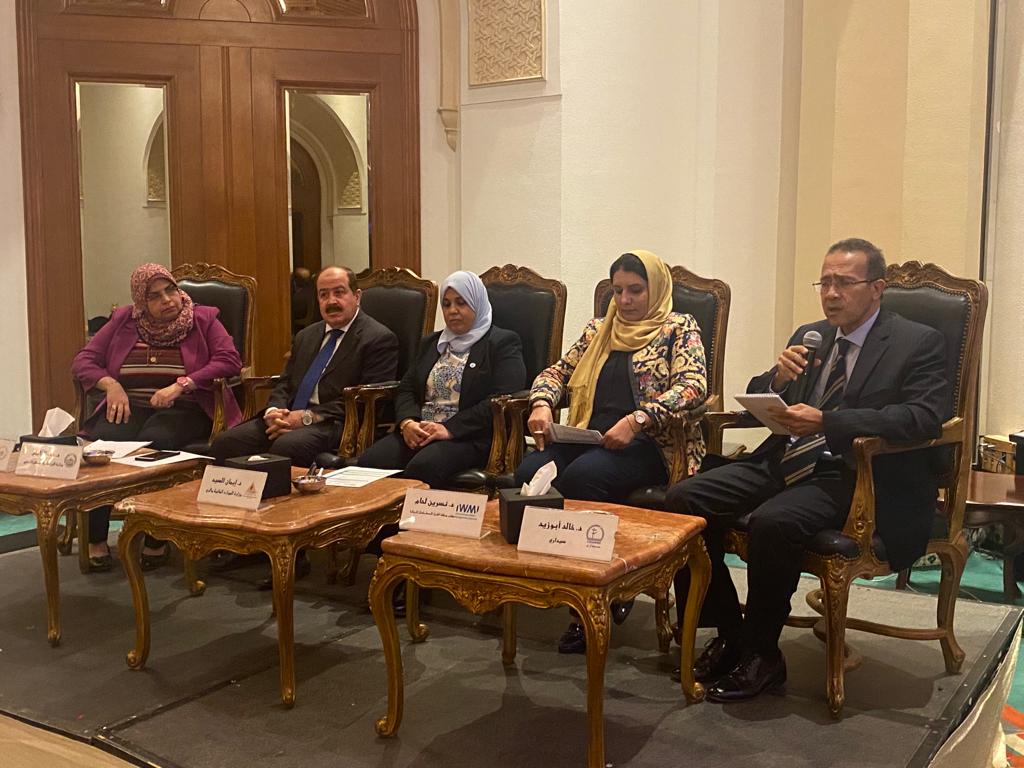 The 6th NLA Dialogue was inaugurated by Prof. Dr. Khaled Abu Zeid, Regional Director of Water Resources at the Center for Environment and Development for the Arab Region and Europe (CEDARE), pointing out that the aim of the meeting today is Validation of Egypt 2030 Shared Water Reuse Strategy. This comes in the wake of the 4th NLA dialogue that approved the national and local targets of the strategy, and after that the 5th NLA Dialogue, which was agreed on the annotated outline of the strategy and the most important basic items in the presence of all experts and stakeholders. We hope in this dialogue to come up with a validated Egypt 2030 Shared Water Reuse Strategy, complete and final agreed upon by all parties
The 6th NLA Dialogue was inaugurated by Prof. Dr. Khaled Abu Zeid, Regional Director of Water Resources at the Center for Environment and Development for the Arab Region and Europe (CEDARE), pointing out that the aim of the meeting today is Validation of Egypt 2030 Shared Water Reuse Strategy. This comes in the wake of the 4th NLA dialogue that approved the national and local targets of the strategy, and after that the 5th NLA Dialogue, which was agreed on the annotated outline of the strategy and the most important basic items in the presence of all experts and stakeholders. We hope in this dialogue to come up with a validated Egypt 2030 Shared Water Reuse Strategy, complete and final agreed upon by all parties
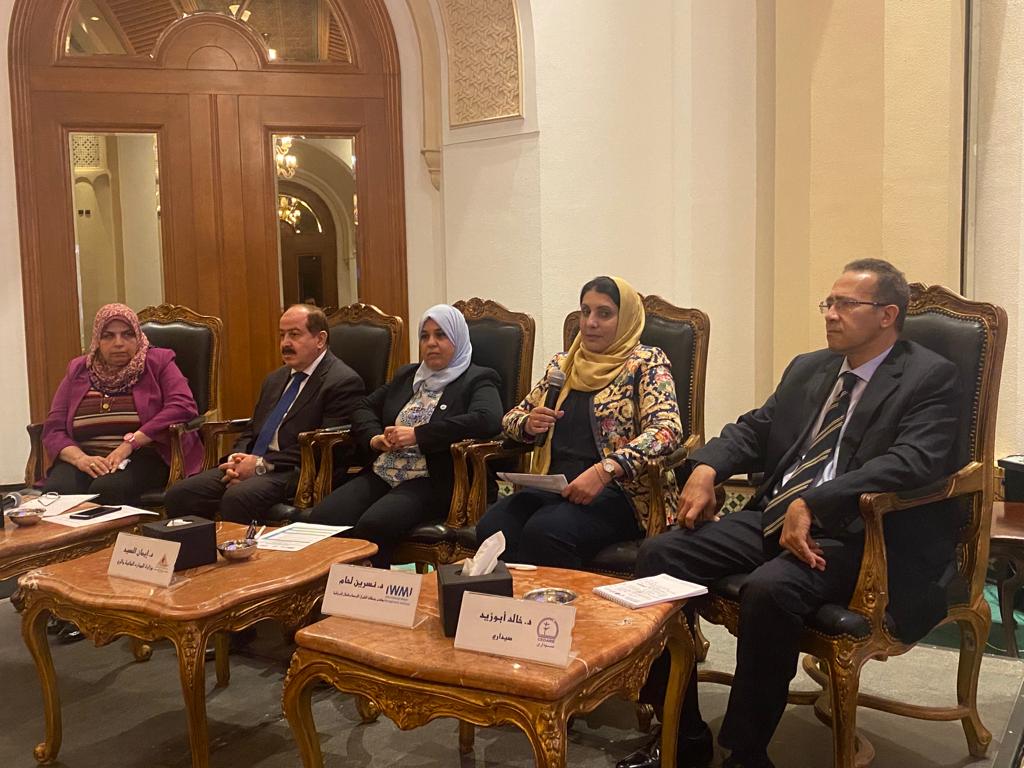 Dr. Nisreen Laham, Director of the Middle East and North Africa Office of the International Water Management Institute (IWMI), gave her speech and opened it by welcoming the audience. She indicated that the project includes the Middle East and North Africa region. It is a regional project funded by SIDA. The project started in 2018 until 2022 and the project works in three countries, namely (Egypt, Lebanon and Jordan) and many partners such as CEDARE, the Arab Water Council (AWC), ICARDA and many partners at the local and regional levels.
Dr. Nisreen Laham, Director of the Middle East and North Africa Office of the International Water Management Institute (IWMI), gave her speech and opened it by welcoming the audience. She indicated that the project includes the Middle East and North Africa region. It is a regional project funded by SIDA. The project started in 2018 until 2022 and the project works in three countries, namely (Egypt, Lebanon and Jordan) and many partners such as CEDARE, the Arab Water Council (AWC), ICARDA and many partners at the local and regional levels.
She thanked the CEDARE Organization for the effort made throughout the project until we came up with the strategy in its final form in this form, and the Government should adopt this strategy to take the implementation stage.
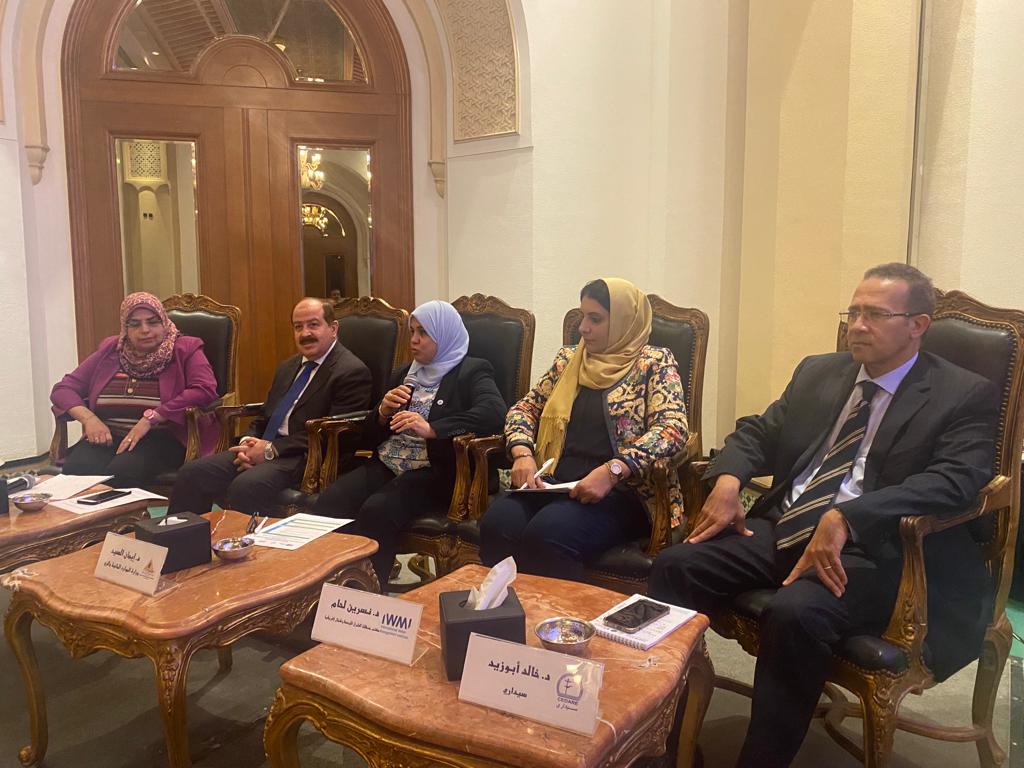 Dr. Eman El-Sayed, Head of Planning Sector, gave the speech on behalf of the Minister of Water Resources and Irrigation and opened it by welcoming the attendees, and pointed out the great efforts taken by the Government towards reusing water and the challenges that the Government faced in implementing these projects, such as the Bahr Al-Baqar project, which treats about 5.5 million cubic meters per day, the investments allocated to this project alone are the equivalent of 30 billion Egyptian pounds, and the Hammam project, which will treat 6.5 million cubic meters per day, with investments amounting to 60 billion Egyptian pounds, and all this to bridge the large gap in the increase in population and limited water resources.
Dr. Eman El-Sayed, Head of Planning Sector, gave the speech on behalf of the Minister of Water Resources and Irrigation and opened it by welcoming the attendees, and pointed out the great efforts taken by the Government towards reusing water and the challenges that the Government faced in implementing these projects, such as the Bahr Al-Baqar project, which treats about 5.5 million cubic meters per day, the investments allocated to this project alone are the equivalent of 30 billion Egyptian pounds, and the Hammam project, which will treat 6.5 million cubic meters per day, with investments amounting to 60 billion Egyptian pounds, and all this to bridge the large gap in the increase in population and limited water resources.
She also noted that this national dialogue is to validation of the strategy and reach a consensus to put the strategy into implementation, and the ministry will do so.
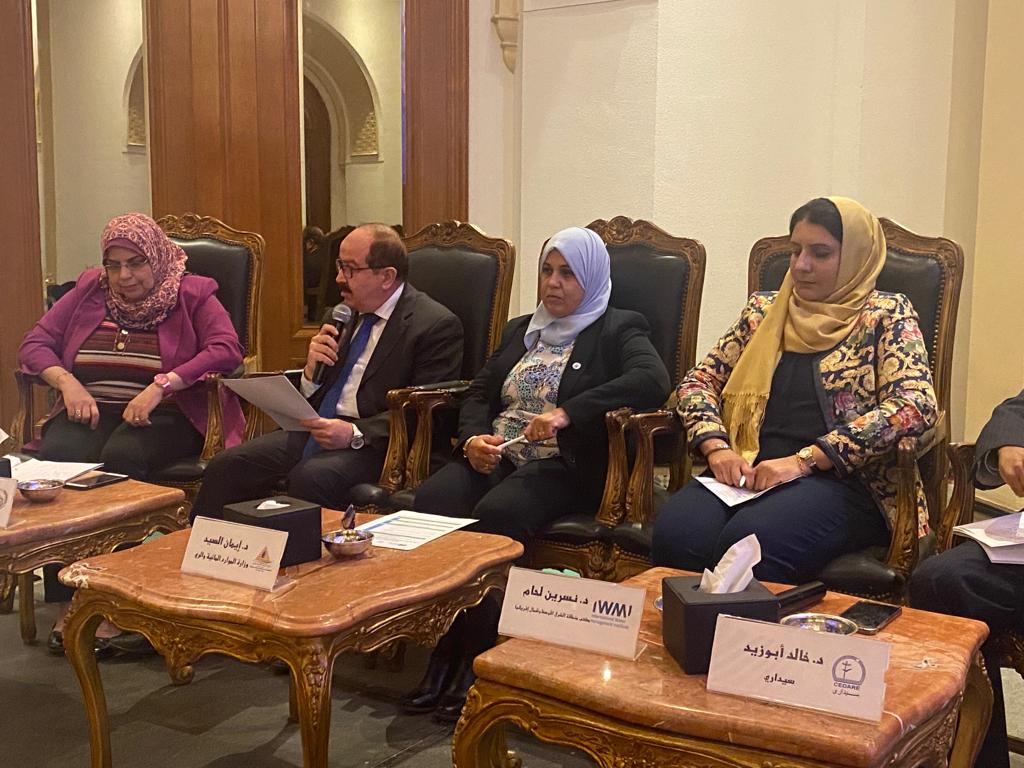 Dr. Alaa El-Bably, Advisor to the Minister of Agriculture and former director of the Institute of Land, Water and Environment Research at the Agricultural Research Center, on behalf of the Minister of Agriculture and Land Reclamation in his opening speech, thanked and welcomed the attendees, and said in his speech that he would address in his speech the role and concerns of the Ministry of Agriculture and Land Reclamation in this important field of During the directions, procedures, strategies and plans, and he reviewed in his speech the main objectives of the Ministry of Agriculture’s strategy for sustainable development in 2030, and also indicated that due to the limited quantities of fresh water available in addition to the shortage in other water sources, the Ministry of Agriculture and Land Reclamation considers the reuse of waste water for irrigation purposes Land reclamation is an inevitable process imposed by the need to maximize agricultural production in order to meet the increasing demand for food. Therefore, the Ministry of Agriculture and Land Reclamation is currently preparing plans for land uses and investments for the New Delta region, which depends on water reuse as a source of irrigation water and the preparation of crop structures appropriate for that type of land and water and to provide opportunities for optimal use of natural resources in such new areas. Over the past few decades, the Ministry of Agriculture and Land Reclamation had introduced a number of activities, strategies and plans in several areas related to the safe water reuse for agriculture. With the increasing demand for agricultural products, farmers are looking for non-conventional water sources. It is an attractive option, especially when traditional water resources are scarce, as is the case in Egypt. However, if water reuse is used in agriculture without taking the necessary safety and security precautions, microbiological and chemical pollutants can accumulate in crops, animal products, soil and in water resources, leading to health effects. If water is treated in an appropriate way and used in a safe way, it becomes an important and valuable source of water and nutrients and it contributes to achieving food security and improving livelihoods. Hence the importance of the project for the safe water reuse and the preparation of a national strategy for water reuse in a safe manner.
Dr. Alaa El-Bably, Advisor to the Minister of Agriculture and former director of the Institute of Land, Water and Environment Research at the Agricultural Research Center, on behalf of the Minister of Agriculture and Land Reclamation in his opening speech, thanked and welcomed the attendees, and said in his speech that he would address in his speech the role and concerns of the Ministry of Agriculture and Land Reclamation in this important field of During the directions, procedures, strategies and plans, and he reviewed in his speech the main objectives of the Ministry of Agriculture’s strategy for sustainable development in 2030, and also indicated that due to the limited quantities of fresh water available in addition to the shortage in other water sources, the Ministry of Agriculture and Land Reclamation considers the reuse of waste water for irrigation purposes Land reclamation is an inevitable process imposed by the need to maximize agricultural production in order to meet the increasing demand for food. Therefore, the Ministry of Agriculture and Land Reclamation is currently preparing plans for land uses and investments for the New Delta region, which depends on water reuse as a source of irrigation water and the preparation of crop structures appropriate for that type of land and water and to provide opportunities for optimal use of natural resources in such new areas. Over the past few decades, the Ministry of Agriculture and Land Reclamation had introduced a number of activities, strategies and plans in several areas related to the safe water reuse for agriculture. With the increasing demand for agricultural products, farmers are looking for non-conventional water sources. It is an attractive option, especially when traditional water resources are scarce, as is the case in Egypt. However, if water reuse is used in agriculture without taking the necessary safety and security precautions, microbiological and chemical pollutants can accumulate in crops, animal products, soil and in water resources, leading to health effects. If water is treated in an appropriate way and used in a safe way, it becomes an important and valuable source of water and nutrients and it contributes to achieving food security and improving livelihoods. Hence the importance of the project for the safe water reuse and the preparation of a national strategy for water reuse in a safe manner.
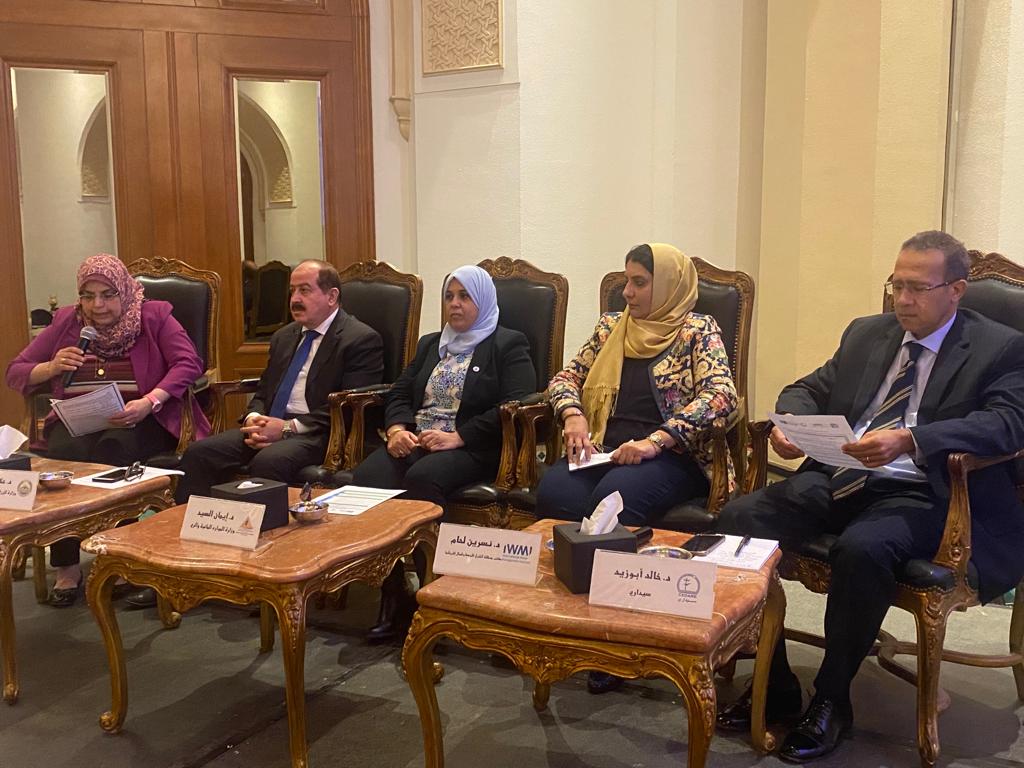 Dr. Amany Selim, representative of the Ministry of Environment, gave a speech and began by welcoming the audience, noting that the project includes the Middle East and North Africa region, which is also the most water-proficient region in the world. He also noted that the gap between needs and water resources is widening every day as a result of climatic factors, increasing population and demand. On water and many other factors, he said that our untapped resources are increasing every day, which is the wastewater that is consumed and collected from residential areas. Treated and reused wastewater with safe use is one of the most promising solutions to bridge the gap between the needs in resources.
Dr. Amany Selim, representative of the Ministry of Environment, gave a speech and began by welcoming the audience, noting that the project includes the Middle East and North Africa region, which is also the most water-proficient region in the world. He also noted that the gap between needs and water resources is widening every day as a result of climatic factors, increasing population and demand. On water and many other factors, he said that our untapped resources are increasing every day, which is the wastewater that is consumed and collected from residential areas. Treated and reused wastewater with safe use is one of the most promising solutions to bridge the gap between the needs in resources.
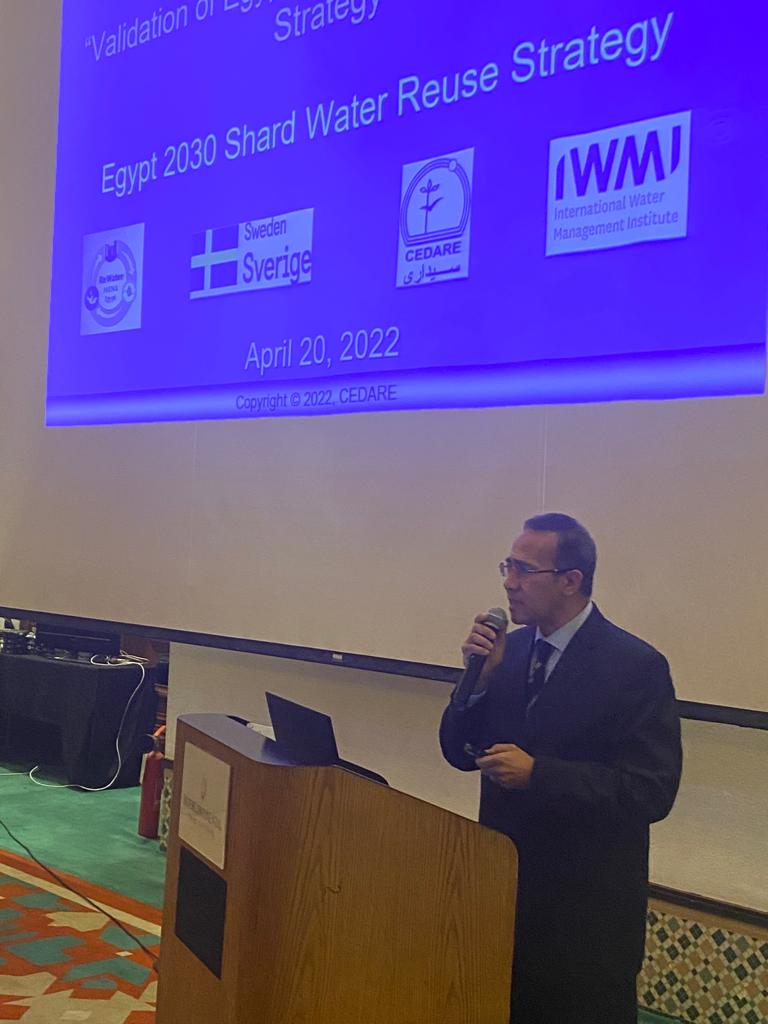 AbuZeid presented the strategy under discussion with all its main clauses and the main frameworks used in it, including a detailed presentation of the strategy, the basic water balance for wastewater, the development of national and local targets, the expected wastewater water balance, the challenges facing implementation, the implementation cost, revenues of the strategy, roles and responsibilities Code, legal and legislative requirements, financial measures/implementation cost, policies and incentive measures.
AbuZeid presented the strategy under discussion with all its main clauses and the main frameworks used in it, including a detailed presentation of the strategy, the basic water balance for wastewater, the development of national and local targets, the expected wastewater water balance, the challenges facing implementation, the implementation cost, revenues of the strategy, roles and responsibilities Code, legal and legislative requirements, financial measures/implementation cost, policies and incentive measures.
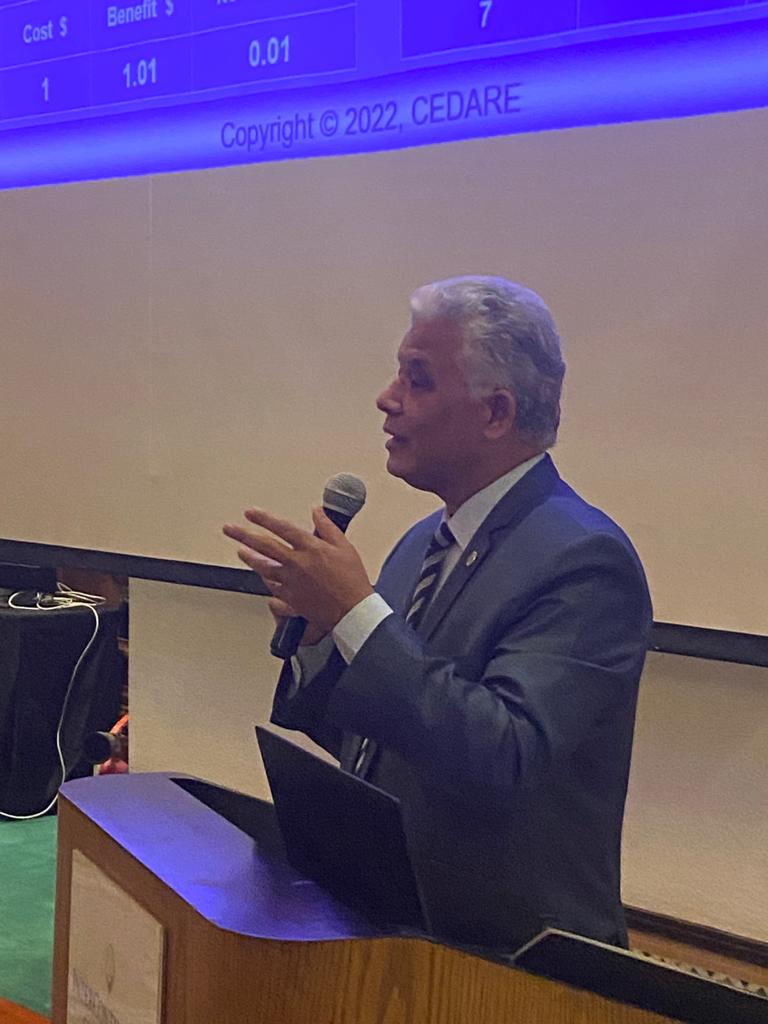 Dr. Mohamed Heikal also presented the structure of the financial measures, the cost of implementation and the revenues of the strategy in detail
Dr. Mohamed Heikal also presented the structure of the financial measures, the cost of implementation and the revenues of the strategy in detail
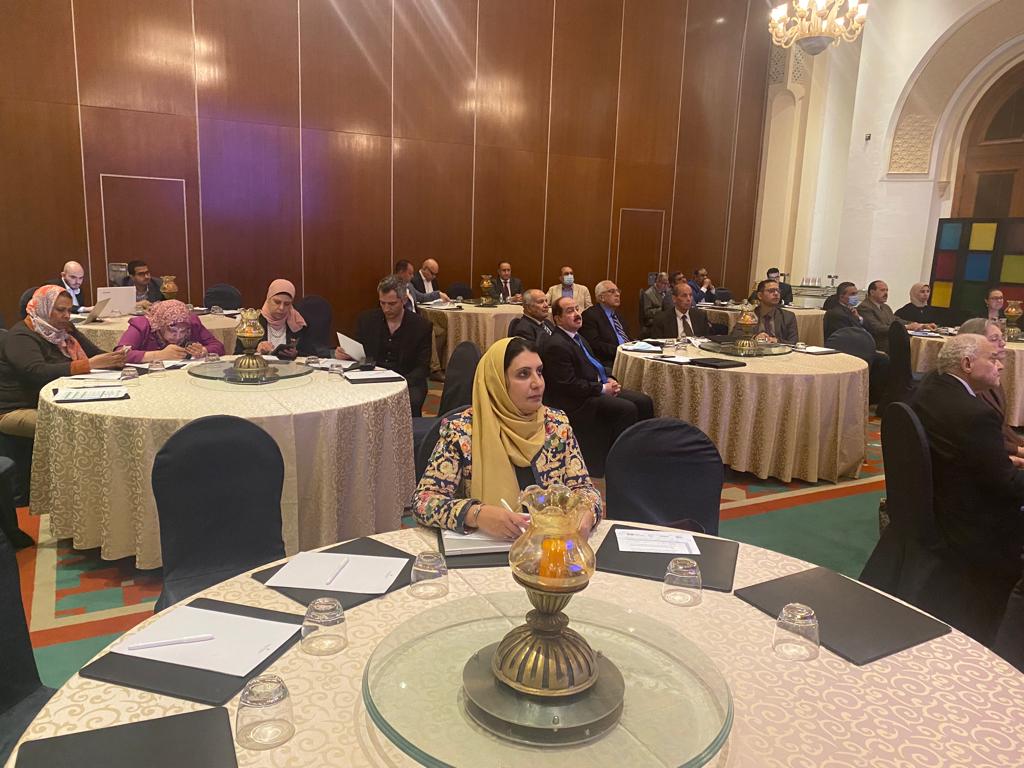 The strategy was discussed and many of the attendees thanked for the effort made in this strategy. The workshop came out with very important comments and recommendations. This strategy will be launched in its final form very soon, God willing, after taking into account the recommendations from the ministries and concerned authorities.
The strategy was discussed and many of the attendees thanked for the effort made in this strategy. The workshop came out with very important comments and recommendations. This strategy will be launched in its final form very soon, God willing, after taking into account the recommendations from the ministries and concerned authorities.
